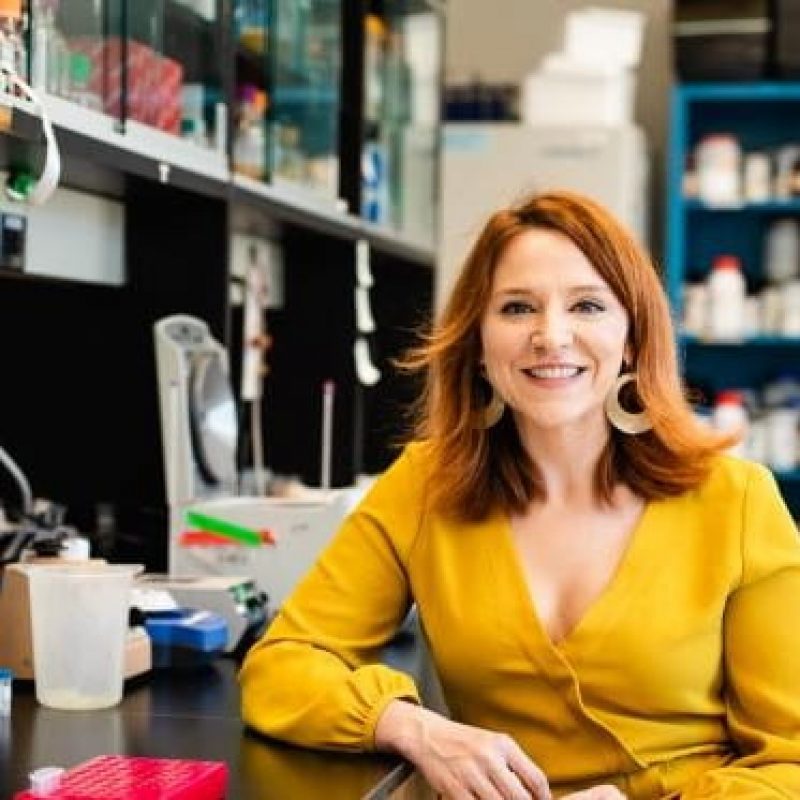Tag: Disease Ecology and Evolution
-

Clare Casteel
Numerous studies demonstrate that vector-borne pathogens influence host characteristics, resulting in altered host-vector interactions and enhanced transmission. We seek to determine the molecular mechanisms that underlie this phenomenon and use this knowledge to develop innovative control strategies using genetic and biochemical approaches. Current focuses are[...] -

Nicolas Buchon
The Buchon lab focuses on the impact of pathogens and the microbiota on body homeostasis. We use systemic infection as a model for septicemia, and the gut response to infection as a model for mucosal immunity. Genomic and genetic approaches allow us to characterize new[...] -

Information for Prospective Graduate Students
Graduate student training at Cornell is organized into degree-granting disciplinary “Fields”. Graduate Fields are composed of Cornell faculty from multiple departments, coalesced around a central research discipline or theme, and most faculty members belong to several Fields. This structure brings diversity to research groups and departments and builds bridges throughout campus. The different Fields vary […]
-

Brito lab: HIPR-FISH paper in Nature
The Brito lab has published a paper in Nature in collaboration with the De Vlaminck Lab; “Highly multiplexed spatial mapping of microbial communities.” PAPER: https://www.nature.com/articles/s41586-020-2983-4
-

Ilana Brito
I study how microbes in the human microbiome are transmitted among individuals, using a wide range of approached including shotgun metagenomics of microbiome communities, culture-based methods, and single-cell analyses. Another main focus is horizontal transmission of genes between members of the microbiome, specifically focusing on[...] -

Avery August
The August lab is interested in infection-based and environment signals that trigger inflammation. We are particularly interested in signals regulated by the Tec family kinases, and how they regulate activation of cells such as mast cells and T cells to drive their differentiation and production[...] -

Undergraduate Research Programs
Information for non-Cornell students on the NSF-funded Microbial Friends & Foes REU; and information for current Cornell students on CIHMID’s URE.
-

Opportunistic infections at the host-pathogen interface
Opportunistic pathogens can subvert infection barriers (e.g., host immune functions and nutrient limitations) and switch from peaceful commensal to potentially lethal pathogen. The factors promoting either outcome are unknown, but must be shaped by dynamic physiological interactions between host and pathogen. This project aims to determine key factors at the host-pathogen interface that mediate the […]
-

Esther Angert
Our research explores the impact of host behavior and nutritional needs on the evolution of intestinal symbionts. Current projects include the study of signals that coordinate the physiology and development of intestinal bacteria with the feeding activity of their host. We are also interested in[...] -

Brian Lazzaro
My lab group studies insect-pathogen interactions, using opportunistic bacterial infection in the model host Drosophila. For instance, students may measure pathogen proliferation when the host is provided with diets that vary in quality. Specific methods include microbiology and molecular biology, as well as genetic manipulations[...]
